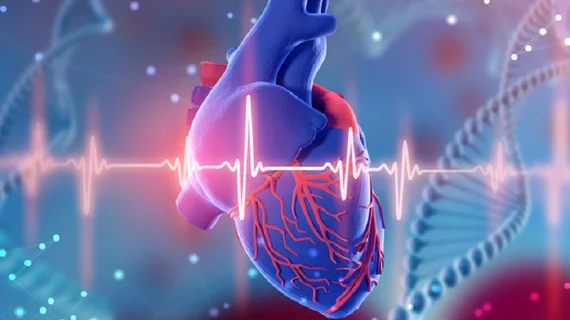Chicago company 3D-bioprints mini human heart
Chicago biotech company BIOLIFE4D announced this week it had successfully 3D-bioprinted a mini human heart—something the company noted as a “significant milestone” on the path to printing full-sized hearts viable for transplant.
According to a statement from BIOLIFE4D, the mini-heart was made possible through a combo of a proprietary bioink and a bioprinting algorithm optimized for whole-heart printing. When the bioink—a blend of different extracellular matrix compounds that closely mimic the properties of a mammalian heart—is combined with patient-derived cardiomyocytes, experts are able to bioprint a heart that’s smaller than a human’s but still close in structure.
“The ability to 3D bioprint a mini-heart now gives us a roadmap for bioprinting a full-scale human heart,” BIOLIFE4D’s statement reads. “By achieving this significant milestone we now know that it is now only a matter of optimizing our process and scaling up our technology.
“While we know there are still challenges awaiting us on our way to the full-size human heart viable for transplantation, this achievement signals that we are well on the way.”
The company doesn’t just have its sights set on transplant operations, though. The mini-heart could also be a useful tool for the pharma and drug discovery industry, which could use the heart models to test the cardiotoxicity and safety of new formulas. BIOLIFE4D also said using its mini-hearts in this way would reduce the number of animals used for testing purposes, making it a “huge win-win” for everybody.
Read more about the project here.

